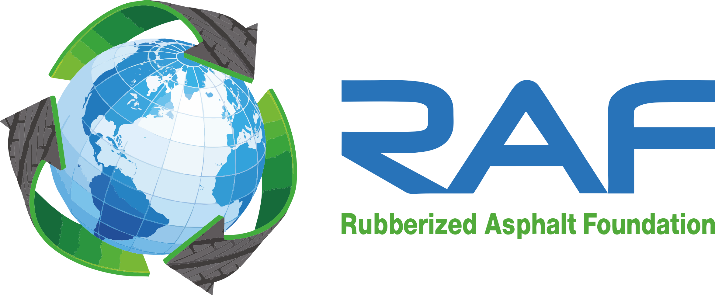Tyre Rubber Modified Binders (TR-MBs), produced through McDonald wet
process and used worldwide (e.g. asphalt rubber), have been demonstrated to provide various
benefits to pavements and, moreover, they represent a good opportunity for recycling tyre
rubber. However this technology is still struggling to be fully adopted in Europe, mainly
because of their poor stability during high temperatures storage, which leads to high initial
costs in modifying existing asphalt plants. NO-agitation TR-MBs (also known as terminal
blends) is proving to be a great option and its development could also be the key to spreading
the recycling of tyre rubber in paving applications in Europe. This paper aims to enrich this
field of research by presenting the results of a study focused on the optimisation of laboratory
procedures to better understand the effect of varying processing conditions on the rheology
TR-MBs. The experimental programme has been carried out by a preliminary selection of
materials, followed by the production of the TR-MBs, via practical laboratory protocols. A
continuous comparison between two commercially used SBS-MBs, with high and medium
levels of modification, and the produced TR-MBs, helped to understand the effect of varying
the selected processing conditions on binder properties. Results have shown that TR-MBs are
a very effective alternative to commercially used SBS-MB. Although the rheology of TRMBs
is very sensitive to the varying of processing conditions, therefore an appropriate
selection of materials and a superior binder design are mandatory to optimise the modification
process to achieve the desired level of modification.
